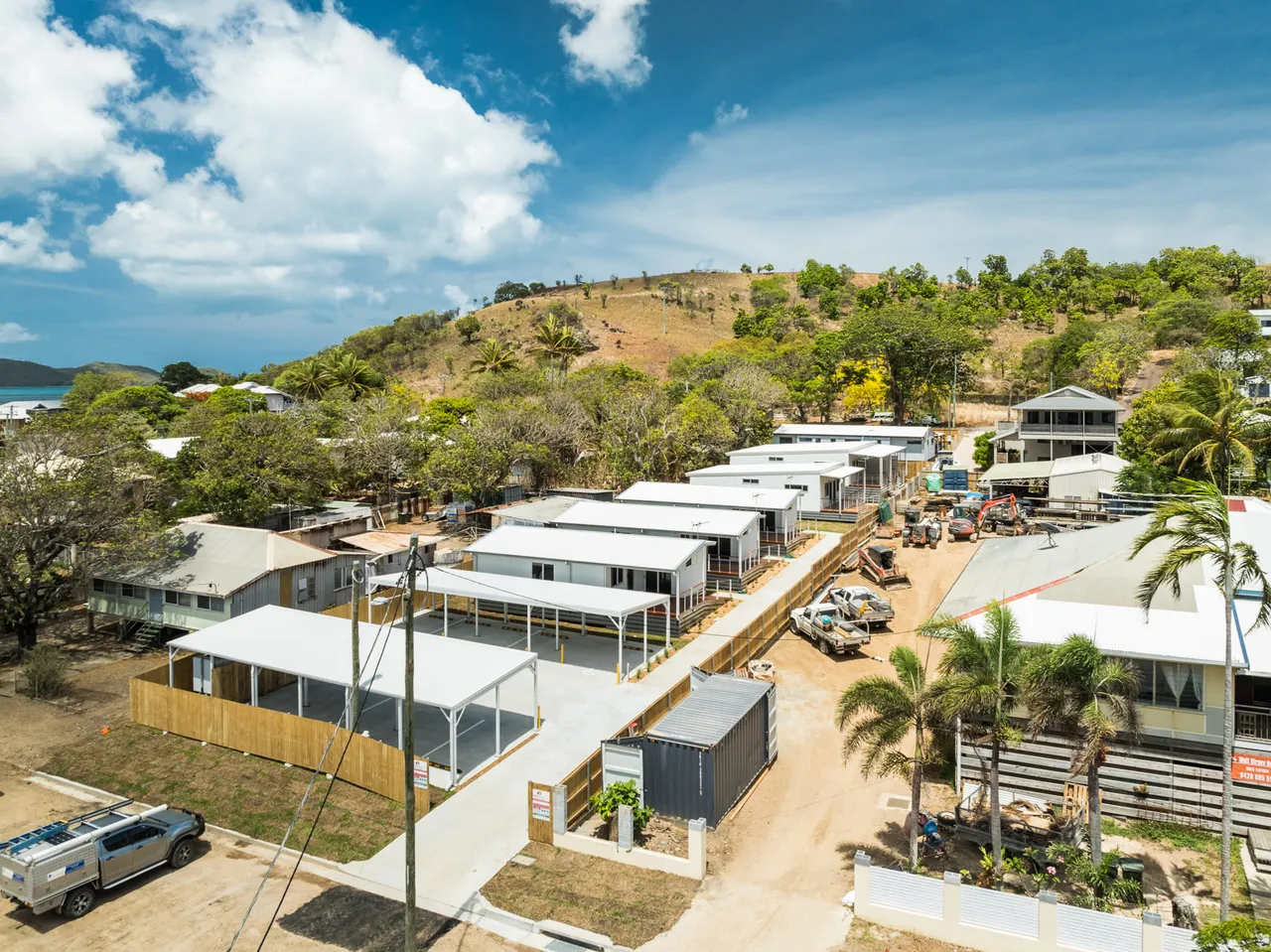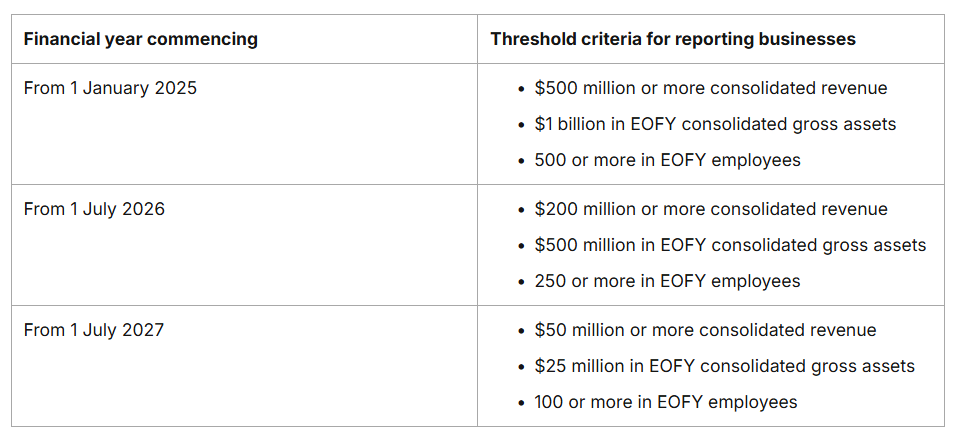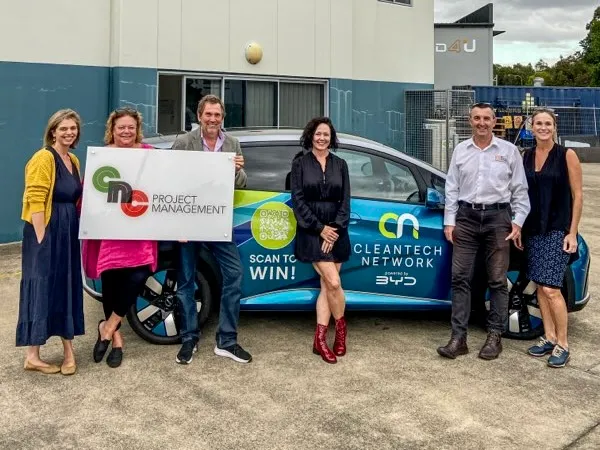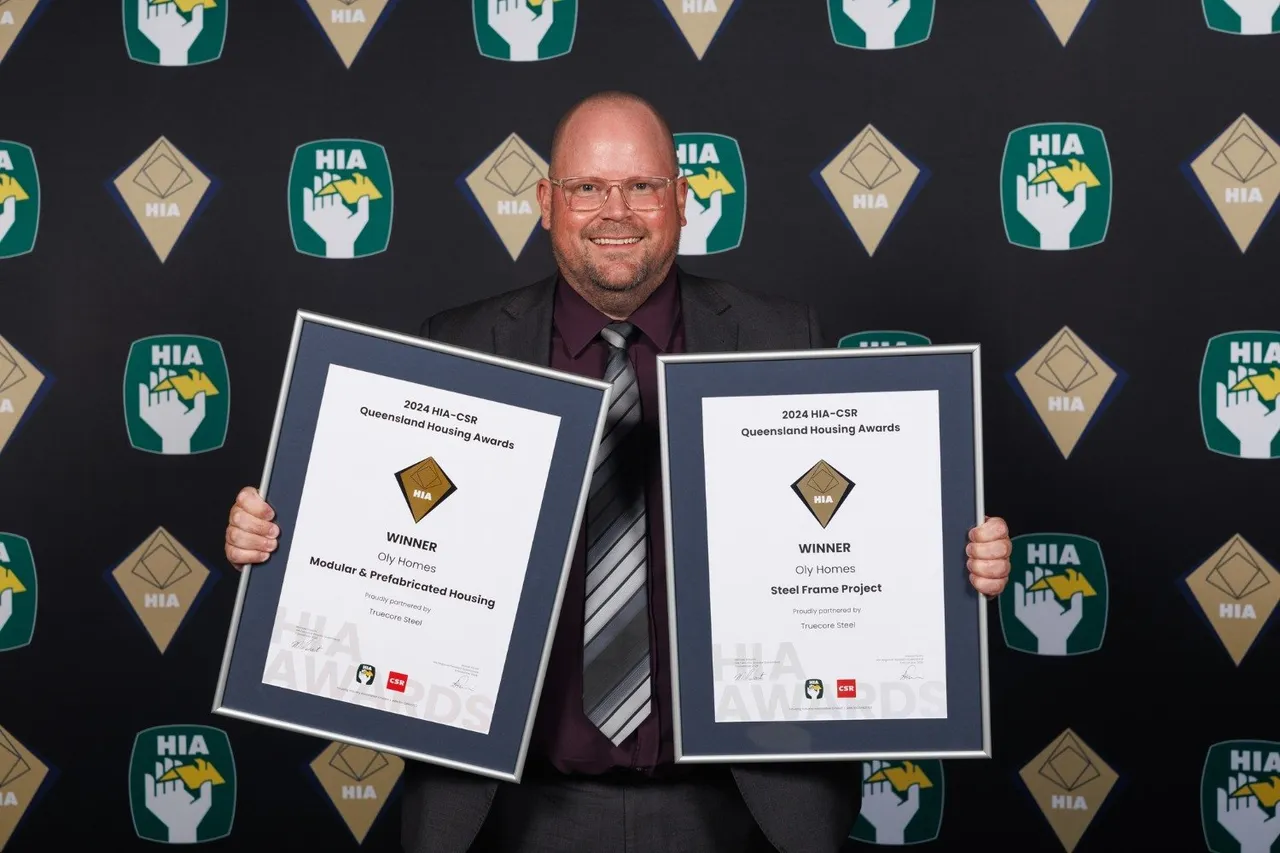How SMEs can turn compliance into competitive advantage
As Australia's largest organisations begin mandatory emissions reporting, small and medium sized businesses (SMEs) have a unique opportunity to gain a competitive edge.

As Australia's largest organisations begin mandatory emissions reporting, small and medium sized businesses (SMEs) have a unique opportunity to gain a competitive edge.
By taking early action, SMEs can not only comply with customer requests but also attract new business and improve their market position.
Under the new mandatory sustainability reporting requirements, SMEs can expect more pressure to account for their emissions.
The introduction of these new requirements will lead to businesses at different levels of supply chains being asked to provide information on emission goals and actions. Despite the challenges this new requirement can cause, SMEs of all size can leverage this as an opportunity to take early action to become a more competitive supplier and secure more business.
Who needs to report?
Reporting will be phased in over three years. Each year a different tier of business will be required to report.

Cleantech Network CEO Jasmin Holmes points out why businesses should take this regulation as a sign of the changing economic landscape.
“Even though your business may not fall within the Group 1, 2 and 3 reporting criteria requiring you to provide direct reporting in the immediate future, starting the journey towards a more sustainable business model will help your business comply with future requirements. It will also increase the profitability of your business.
Cleantech Network can connect businesses of every size with a range of tools and solution providers to help accelerate this process.
It is also important to note many small businesses form part of the supply chains of larger businesses that will have reporting obligations, meaning that these business owners may also need to meet sustainability requirements sooner than expected.”

How will this help reduce emissions?
Now that the above companies are required to publicly disclose their sustainability goals and progress, their action will be under more scrutiny from consumers, governments and other businesses.
For an increasingly larger consumer group, their spend can be directed to or away from reporting companies based on progress outlined in the sustainability report. If reporting companies would like to retain or attract new business then they‘ll be inclined to actively reduce their emissions and include that data in the report.
Why is this important for all businesses?
Although reporting requirements are not imposed on SMEs, they may be supplying to a business; that may be supplying to a business; that may be supplying to a business; that may be supplying to a business who’s required to report.
There are several reasons why SMEs should be aware of this.
- Pressure on SMEs to report and reduce emissions will trickle down the supply chain, initiated by reporting companies.
- SMEs that act early will improve competitiveness and win new business.
- SMEs that don’t act could lose business and have less opportunity to attract new business.
Luckily for the last two points, there’s great support, programs and tools that businesses can leverage to start the journey. It’s important to note that SMEs are not expected to eradicate emissions overnight, they’re expected to be on the journey.

What can businesses do to leverage the opportunity?
SMEs reading this article can take this as the first step to realising the opportunities that reporting requirements can lead to. Acting early allows SMEs to take gradual steps over time. As these steps compound, so too does their competitive advantage and ability to satisfy requests from business customers.
When a business customer requests a supplier to provide information on their emissions, they’ll primarily be looking for two things. Firstly, the supplier’s total operational emissions. And secondly, their strategy to reduce those emissions.
Steven Nousala, General Manager of Sunshine Coast modular home builder Oly Homes, explains how the business is taking action.
“The new regulation is expected to increase pressure on our supply chain partners to track and reduce emissions, requiring them to provide sustainability data and information on their practices.
At Oly Homes, we view this as an opportunity to take proactive steps by implementing sustainability initiatives and setting emissions reduction goals. Acting early not only ensures compliance with future requirements but also positions us as a competitive supplier, helps secure new business, and strengthens relationships with environmentally conscious clients”.

Programs and Networks to help
Here are some programs and networks that can help SMEs kick off their journey.
ecoBiz Program - Sustainability coaching and carbon calculator
This Queensland Government funded program is free to businesses (criteria applies) and connects them with coaches who’ll assess and recommend strategies to reduce emissions and waste. Businesses can access the user-friendly carbon calculator to accurately calculate operational emissions. This calculation forms the basis of the Decarbonisation Plan which is available to businesses as a template. Building on this template with support from ecoBiz coaches gives businesses a plan to provide business customers when requested while working towards emission reduction goals. Find out more here.
Cleantech Network - Support and collaboration for sustainability.
Cleantech Network is the Sunshine Coast based cleantech and business education industry group. This non-profit is critical to nurturing connections, educating, informing and fostering collaboration to support businesses on their sustainability journey.
SMEs are welcomed to connect with Cleantech Network to access the support and networks that can help them identify and reduce their emissions. Find out more here.
ASPIRE - Circular economy marketplace for resource exchange
This online platform allows businesses to connect and exchange unwanted material resources. Subsidised for local SMEs by Sunshine Coast Council, the platform features a reporting tool that provides real-time data including landfill diversion, saved embodied emissions and savings on waste disposal costs. Learn more here.
Level Up Your Business - Tips and resources for sustainability planning
Businesses can find helpful tips, resources, programs and tools that support sustainability planning and action. Developed by Sunshine Coast Council, the platform’s curated content provides businesses with the latest information and support for businesses on the sustainability journey. Learn more here.
Local Business Support - Free service for local businesses
Sunshine Coast Council’s Local Business Support is a free service for local businesses who’re facing challenges or seeking opportunities. The team is available to connect businesses with programs, resources, tools and networks specific to a business’s challenge or opportunity. Learn more here.
